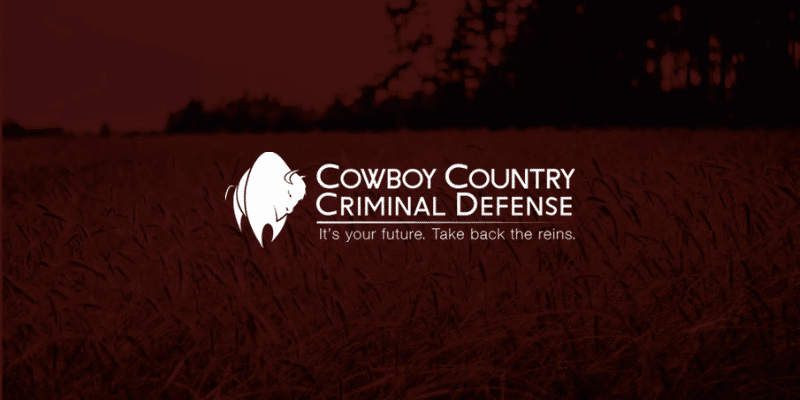What is Federal Drug Trafficking?
Drug trafficking, at its core, has to do with transporting drugs to others with the intent to sell. More specifically, drug trafficking is making, manufacturing, transporting, or selling a controlled substance. A federal drug trafficking charge means that an individual has violated federal law rather than state law. In many cases, you will be charged with a federal offense if your trafficking activities involve crossing state lines or international borders, if the trafficking happened on federal land, or if the trafficking was conducted as part of a large-scale drug ring.
To be charged with drug trafficking, you must knowingly and intentionally sell, transport, or import the drugs. You can also be charged with drug trafficking if you were caught with drug-related materials, like a scale, plastic baggies, or large amounts of cash upon your arrest. Even if you were in possession of drugs or drug paraphernalia that was not sold or distributed, you could still face federal drug trafficking charges.
If you were carrying a significant amount of drugs, you could be charged with drug trafficking, even if the prosecution cannot prove your intent to move or sell those substances. For instance, if you are pulled over by the police and are found carrying more than fifty kilograms of marijuana in your car, you could face trafficking charges rather than possession charges due to the amount of drugs on your person. If you are found crossing state or international borders with drugs in your possession, it could become an interstate crime. When facing federal drug trafficking charges, contact an experienced criminal defense lawyer to fight for your rights.
What is a Controlled Substance?
A controlled substance is any drug or chemical that is regulated by the federal government. The Controlled Substances Act categorizes different drugs into different schedules based on their uses and potential for abuse.
In a federal drug trafficking case, controlled substances often include the following:
- Marijuana
- Heroin
- Cocaine
- Fentanyl
- Methamphetamine
- Ecstasy
- Opium
- Oxycodone
- Prescription drugs
When determining how to classify a specific drug or substance, the United States Drug Enforcement Administration (DEA) uses several specific criteria. This criteria includes the scientific evidence of the drug’s pharmacological effect, the scope and duration of potential abuse, and its risk to public health. It’s important to note that while some states have legalized marijuana, cannabis is still a controlled substance federally and cannot be taken across state lines or trafficked across international borders.
What Are the Potential Penalties for Federal Drug Trafficking?
The potential penalties you may face for a federal drug trafficking charge depend on what kind of drug you’re trafficking and how much of that drug you are caught with. The federal government divides controlled substances into five categories, also called schedules. These categories will help determine what your penalties may be.
Below are the five categories of drug charges:
- Schedule I: Drugs that have no medical use and a high potential for abuse, including peyote, LSD, heroin, marijuana, and ecstasy
- Schedule II: Drugs with a very high potential for abuse and severe addiction, including cocaine, Fentanyl, OxyContin, and Vicodin
- Schedule III: Drugs with a moderate risk of dependence, like ketamine, testosterone, and anabolic steroids
- Schedule IV: Drugs with a low risk of abuse, like Darvocet, Ambien, and Tramadol
- Schedule V: Drugs with very low risks of abuse or dependence, like Motofen and Lyrica
In most cases, penalties for Schedule I drugs are very severe, while penalties for Schedule V drugs are not. An exception to this rule is any marijuana-related drug charge. Because marijuana is legal in many states, most drug trafficking charges for marijuana bring fewer penalties than other Schedule I drugs.
In most cases, drug trafficking charges carry a minimum sentence of five to ten years in jail, depending on the amount of drugs involved and the type of drug you were caught with. If you are facing federal drug trafficking charges, it is essential to contact a criminal defense lawyer for help with your case.
What Are the Most Common Defense Strategies Against Federal Drug Trafficking?
While federal drug trafficking charges can be serious, there are ways to defend yourself against them with the help of an experienced legal team. In many cases, people use evidence of the police overstepping their legal boundaries when making arrests or seizing drugs. Another common way to reduce the penalties you are facing is to plead down to the lesser charge of drug possession. While you may still face penalties for this charge, it usually means shorter jail stays and less expensive fines.
Common defense strategies against drug trafficking include:
- Insufficient evidence to convict
- Police entrapment
- Lack of probable cause for arrest
- Lack of intent to sell or distribute
- Tampering with evidence
- You had reasonable belief the drugs were legal
Prosecutors may be open to negotiating a plea deal to reduce the charges you are facing. Similarly, with the right defense team on your side, you could get your case dropped altogether.
How Can a Criminal Defense Lawyer Help Me?
If you are facing federal drug trafficking charges, your freedom and your future could be on the line. A conviction of federal charges could mean extended stays in jail, expensive fines, and being labeled a convicted criminal for life. A criminal defense lawyer on our team can advocate for you and protect your rights in court, whether that means negotiating a plea deal with prosecutors or defending your case before a judge. Don’t leave your future up to chance. Contact Cowboy Country Law by calling 307-333-7884.

